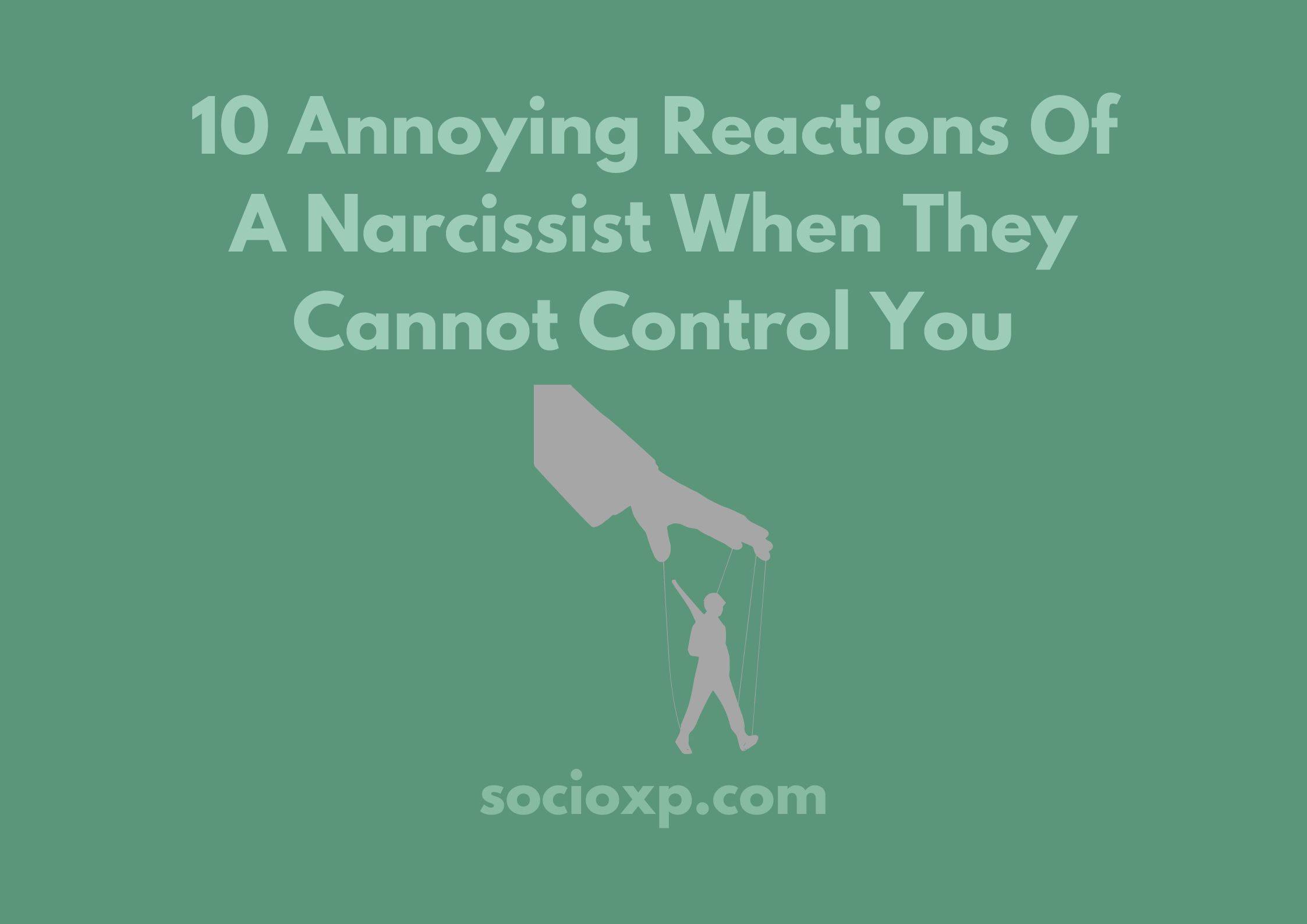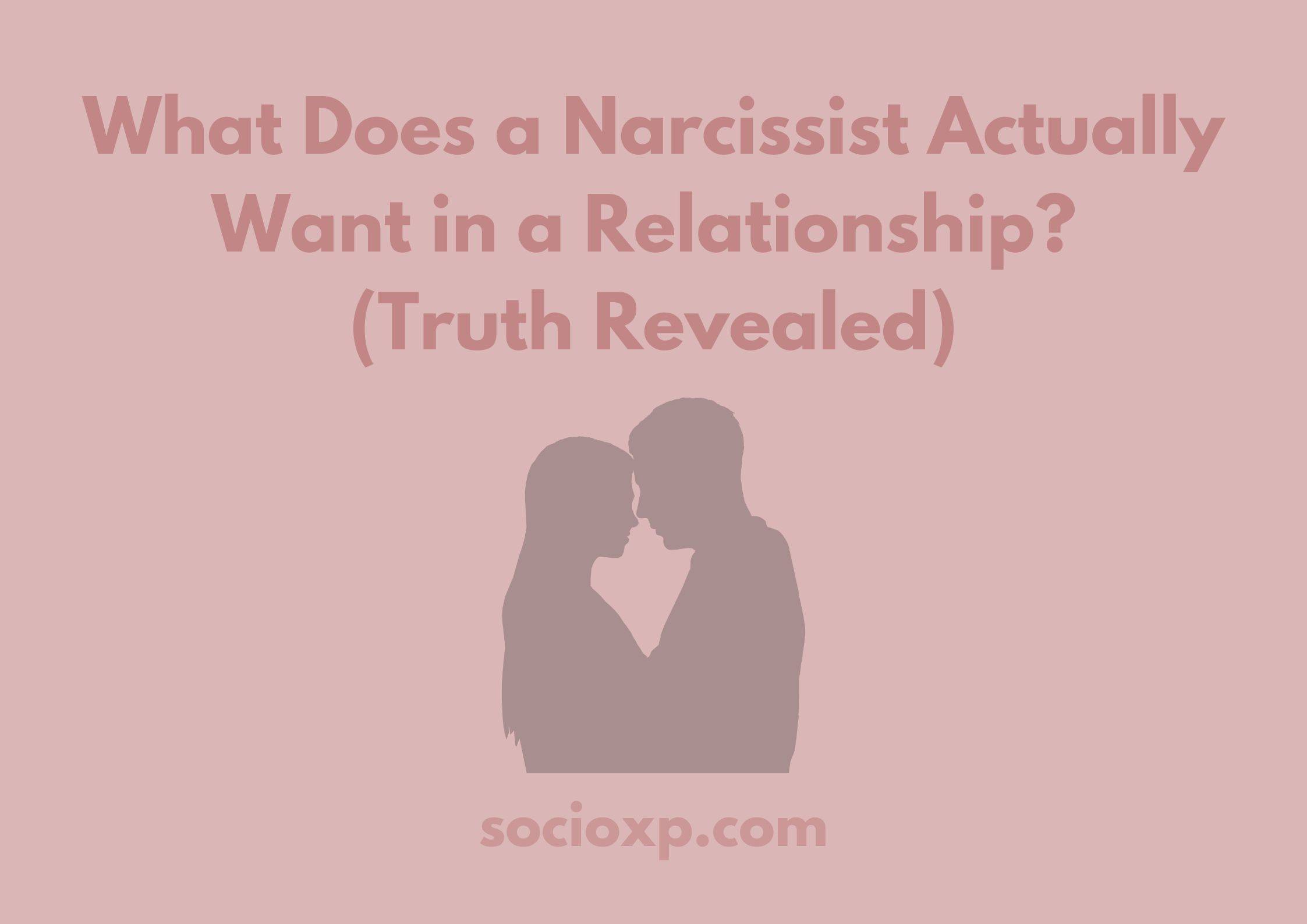What Kind Of Questions Do You Ask A Narcissist In Child Custody? (With Examples)
What kind of questions do you ask a narcissist in child custody? If you are going through the difficult time of parting ways with someone, especially someone with a Narcissistic Personality Disorder then that process can itself be agonizing and mind-numbing. If you are wondering, How to deal with a narcissist during divorce, and that too for the most important aspect of divorce – child custody! Then your search has been fruitful, as this write-up can be a guiding force for clearing your confusion, “What kind of questions do you ask a narcissist in child custody?”
When you decide to divorce a narcissist, you might be wondering what to ask, and what should be presented for the verbal arguments in order to get your child’s custody. Child custody is often considered a strenuous, emotionally draining, and lengthy process for both parents and especially the child. The children suffer the most as they face emotional instability and also a procedure that is unpleasant for them from the start as no kid would love their parents fighting and separating.

When one of the parents is a narcissist, then this process becomes even more difficult and challenging as they struggle to understand the needs of their partner and children. Also, they can be manipulative as manipulation is among their top most toxic tactic. They would do anything to win and gain control and the upper hand in the situation if they really wish for so. Also co-parenting can be very tough to deal with when your co-partner is a narcissist.
When you are fighting for the custody of your child it becomes essential that you engage an attorney who has been dealing with such types of cases or has dealt with one in the past. As a professional would be able to ask the right set of questions which would be specifically and carefully framed. Such questions can be an absolute help to prove the narcissism of your partner and in return, help to observe their reaction. So in such cases, your victory may be one step closure to you.
NOTE:
This article is not intended to endorse any piece of advice or act against anyone specifically. Nor this Article is endorsing any unlawful or unethical advice. Additionally, these are just generally provided tips and suggestions that are obtained with guidance. As these questions might not be sufficient for you to win the case, so hiring a professional, i.e an attorney would be helpful to the case. These undertakings are not supposed to be explicit.

What Kind Of Questions Do You Ask A Narcissist In Child Custody? (With Examples)
During custody proceedings with a narcissist, the questions should be drawn in such a manner that it would provoke and summon their narcissistic behavior so that the proceedings may result in your favor and also expose their narcissistic behavior. Therefore, choosing an attorney might be an appropriate and excellent choice. Let us know some questions that you can present for the case proceedings along with some detailed examples,
1. The first category or set of questions may include the Narcissist’s Relationship with the child;
This can be the foremost category to be questioned for the child category. Their relationship with the child would be a great benefit category for you as this brings you near success and win custody. A narcissist might not be an ideal parent as they are full of themselves and they always put their needs prior to the child’s needs. Also, their involvement with the child is negligible or just for the namesake. The questions may include the narcissist’s involvement and interaction with the child, and the care and support for the child. Some example questions may include,
- How how do you ensure your child’s emotional and physical well-being?
- How do you communicate with your ex-partner about child visits, health care, education, or any other needs-related matter?
- What activities do you engage in with your child?
- What is the frequency and quality of the interaction with your child?
- What parenting skills have you developed to respond effectively to your child’s needs?
- What are some incidents when you have ignored or dismissed your child’s emotional needs or any needs?
These questions can help you to highlight the narcissist’s lack of empathy, regard for the child’s well-being, and ability to prioritize the child’s needs over their own. Additionally, these questions can bring to light any potential instances of negligence, neglect of responsibility, and inability to support the child. Thus these can be used to argue in favor of reduced visitation or custody.
2. The second category or set of questions may include the Narcissist’s Behavior with the child or the overall behavior of the Narcissist;
The immediate set of questions may focus on the narcissist’s behavior in general or the child in particular. These questions can put your side as the strong candidate to get custody of the child and also help the jury members to understand the everyday situations or your daily life with the narcissist in a better manner. Some example questions may include,
- Have you ever used money, gifts, or any other materialistic possessions to influence your child’s feelings or actions or tried to control your child’s tantrums by telling something absurd?
- Have you ever tried manipulating your child against your partner?
- Do you ever feel that your needs and desires are more important to be fulfilled than those of others, including your child?
- Have you ever disregarded a court order or notice, or any other legally bound custody agreements in order to get you what you want or to make your partner look less responsible than you?
- How willing are you agreeing to work with your ex-partner co-operatively?
- How willing are you to work co-operatively with your partner regarding the decision-making process for the child?
These questions can help the jury members to understand the narcissist’s personality, behavioral patterns, toxic nature, and how they can be detrimental to their child’s well-being. These questions may also help to expose any potential lies, manipulations, or inappropriate or illegal behavior that the narcissist may have used during the custody case.

3. The third category or set of questions may include the Narcissist’s ability to co-parent;
The third set of questions should focus on the narcissist’s ability to co-parent in a healthy, collaborative, and with a similar shared interest. These questions would help to highlight any potential issues related to shared parental responsibilities and decision-making processes regarding the child. Some example questions may include,
- Are you willing to compromise and work collaboratively with your child’s other parent for the mutual benefit of the child?
- What co-parenting plan would you propose to ensure the child’s well-being?
- How do you handle disagreements and conflicts with your ex-partner, especially regarding the child?
- Do you feel that you are the only parent with the required skills to raise the child or take care of such matters?
- How do you ensure of including the child’s other parent in the important decision-making process regarding the child?
These questions can help in uncovering the narcissist’s refusal or inability to work collaboratively, and also about the cooperation in the decision-making processes regarding the child’s welfare. These questions can be used to argue for joint custody or reduced visits, as well as may highlight the need for the narcissist to seek therapy to efficiently co-parent along with you.
NOTE:
This article is not intended to endorse any piece of advice or act against anyone specifically. Nor this Article is endorsing any unlawful or unethical advice. Additionally, these are just generally provided tips and suggestions that are obtained with guidance. These undertakings are not supposed to be explicit.
How to prove your former spouse is a narcissist?
While doing so, just keep in mind that proving your ex-partner is a narcissist would still not guarantee your success in obtaining your child’s custody. Always have professional help by your side. Seeking help from an experienced attorney would strongly support your case, as they would be able to provide and present legally acceptable arguments along with all the legal advice that is required for your case. Now let us know some points that you should keep in mind while dealing with a narcissist, for your child’s custody. If you want to make your case stronger, then;
Collect Documents
Gathering documented evidence of their behavior may help you build a strong case. Collect all sorts of proof including emails, text messages, voicemails, images, and videos of your former spouse demonstrating their narcissistic behavior.

Seek Professional Assessment
Seeking help from a mental health professional assistance provider to prove that your ex-partner is a narcissist would be a valuable move, which can make you one step closer to winning the custody of your child. A mental health professional’s opinion can be a huge help and support for you also while presenting your facts and backing up your proofs.
Obtain testimonies or call witnesses
Obtaining testimonies from witnesses who were present at the time of significant events would be beneficial to you. This will make your case your case stronger. Calling your witnesses to the court would also be a smart move from your side as they would be able to explain the significant incidents proving your ex-narcissist partner’s behavior.
Documenting specific examples
Noting some specific incidents which would include specifications like date, time, place, event, or any possible detail that you could include would ensure the surety of your ex-narcissistic partner’s narcissistic behavior. You can also include photographs, videotapes, or any specific thing or possession that can prove your point and support your case of obtaining your child’s custody strongly.

What should be your role in obtaining your child’s custody or presenting your side of the case?
Maintaining a healthy relationship with your child will be a necessity here. Provide a loving and nourishing environment for your child. This will be a representation of your commitment to the child’s well-being and also help in building your credibility. Avoid getting emotional in court proceedings and try presenting your case rationally and logically. Remember your sole focus is the welfare of your child, getting their custody, and proving your claim worthy. Do not get carried away in proving the narcissistic behavior of your partner to the court or proving him wrong all the time. Rather focus on working on building a rational, true, and credible case from your side.
Conclusion
The best and winning strategy for you while dealing with a narcissist in a child custody case would be using proofs and techniques of exposing their narcissistic behavior. Also maintaining a healthy relationship with your child will be a necessity here. Provide a loving and nourishing environment for your child. This will be a representation of your commitment to the child’s well-being and also help in building your credibility.
Avoid getting emotional in court proceedings and try presenting your case rationally and logically. Remember your sole focus is the welfare of your child, getting their custody, and proving your claim worthy. Do not get carried away in proving the narcissistic behavior of your partner to the court or proving him wrong all the time. Rather focus on working on building a rational, true, and credible case from your side.
Make sure to present your case with a stronghold by providing logical, rational, and credible arguments that would help you in gaining the child’s custody. Remember here that your purpose is not just proving your ex-partner a narcissist, but your child’s well-being.
Also just keep in mind that proving your ex-partner a narcissist would still not guarantee your success in obtaining your child’s custody.
- How does a Narcissist respond to No Contact?: 10 Plausible reactions - November 6, 2025
- The Inverted Narcissist: Traits that Describe Them - November 6, 2025
- What is an Empathetic Narcissist?: Meaning, Traits, and Ways to Cope with Them - November 4, 2025


